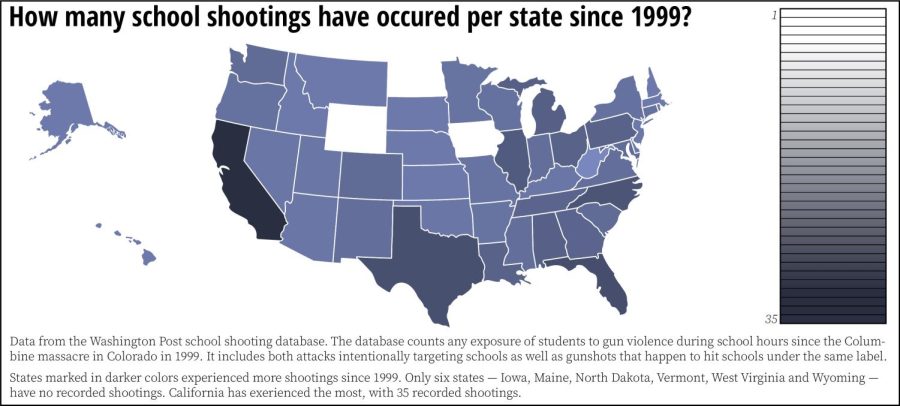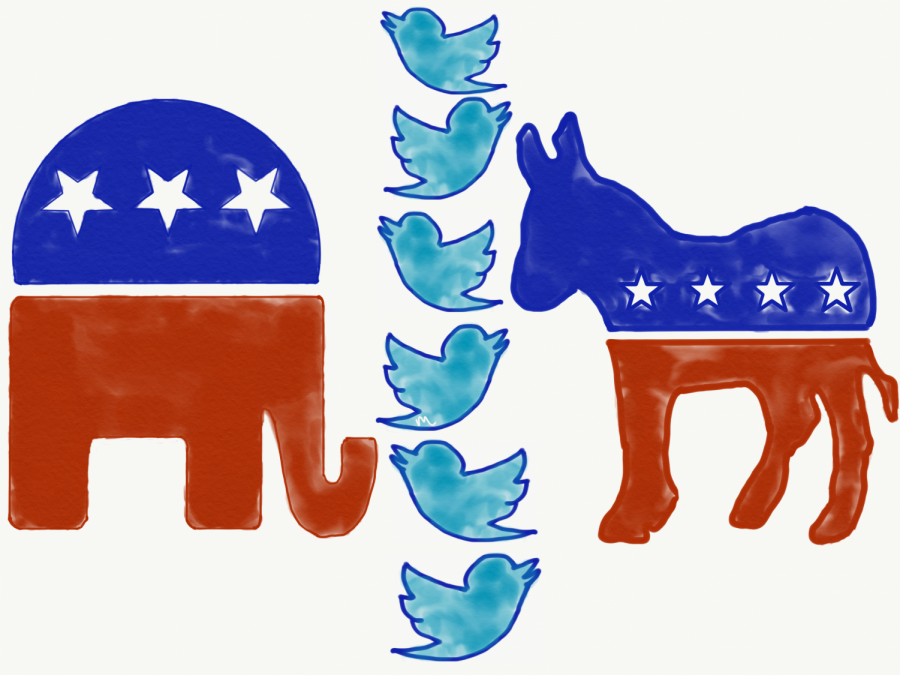By Gwen Schanker, Editorial Columnist
Two weeks ago, I attended a panel hosted by the New England chapter of the Society of Professional Journalists, which discussed the challenges of court reporting. Social media entered the conversation within the first five minutes as Kevin Cullen of The Boston Globe described how he used Twitter to cover the Dzhokhar Tsarnaev trial. During the trial, Twitter essentially served as Cullen’s public notepad. His play-by-play was so accurate that his notes flowed seamlessly into fully-fledged articles. Cullen also gained new followers every day, as those without access to the courtroom looked for a window in.
About a week before that, the head of marketing at NUScience Magazine, of which I am currently the editor-in-chief, announced a plan to stop using our NUSci Twitter account in favor of Facebook and Instagram. As an aspiring Twitter aficionado who still has fewer than 50 followers, I was surprised and a little annoyed. Twitter is the only form of social media I genuinely like, and it has helped me to develop my brand as a science journalist – at least on a small scale.
Only a few weeks before, I’d attended the annual conference for the National Association of Science Writers, a gathering of more than 500 scientific communicators. Many of the attendees took to Twitter to express their thoughts on the conference, using a particular hashtag for each session. I was proud to have participated in this online discussion, and I viewed it as an important part of attending the conference.
Despite my protest, the rest of my colleagues at NUSci all agreed: Twitter was dying. When they showed me how the company stock had plummeted over the past year, I admitted they might have a point. Still, I wasn’t satisfied. I asked my journalism ethics professor, who confirmed the platform’s imminent decline. She sent around an article The Atlantic published earlier this month called “The Decay of Twitter.” The article makes a distinction between Twitter the corporation and Twitter the network. Although I am most interested in the impact of Twitter the network, I recognize that as the corporation declines, the network will too.
Twitter has become a key player in the social media landscape and has had an important impact on the dissemination of news. In addition to forcing writers to condense their opinions to 140 characters – fitting with society’s collectively decreasing attention span – Twitter has facilitated the rise of citizen journalists. Social activism is a component of social media in general, but is particularly prevalent on Twitter. Using a hashtag like #BlackLivesMatter or #LoveWins allows for an aggregation of publicly-available thoughts on that subject, which is a powerful thing.
The problem with Twitter is that, while it spreads intelligent discussion, it can also spread ignorance and hatred. Social media allows everyone with a smartphone to express an opinion, no matter how underdeveloped that opinion may be. This can often be hurtful and create unnecessary chaos. Still, Twitter’s offerings are unique from what other outlets provide. Twitter lets readers receive moment-by-moment updates on what’s happening inside a courtroom. It allows a social movement to spread worldwide in under an hour. It lets me join the online conversation of a group of like-minded professionals. Twitter’s stock may be declining, but the impact the network has had on news and general conversation is unmistakable. Whatever happens next on social media, Twitter will be a key part of what led to it.















